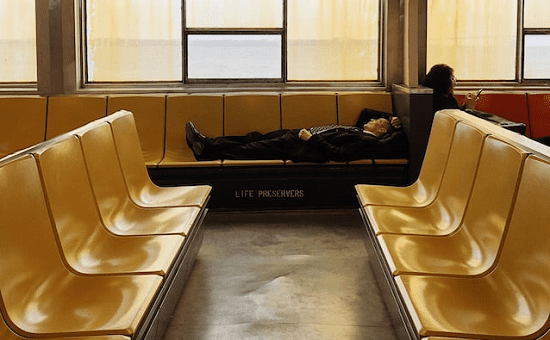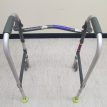
Long COVID in 2009: Mental Morbidities and Chronic Fatigue in SARS Survivors
From 2009, Long COVID in SARS survivors: Over 40% of the respondents had active psychiatric illnesses, 40.3% reported a chronic fatigue problem, and 27.1% met the modified 1994 Centers for Disease Control and Prevention criteria for chronic fatigue syndrome.
Results Of 369 SARS survivors, 233 (63.1%) participated in the study (mean period of time after SARS, 41.3 months). Over 40% of the respondents had active psychiatric illnesses, 40.3% reported a chronic fatigue problem, and 27.1% met the modified 1994 Centers for Disease Control and Prevention criteria for chronic fatigue syndrome.
Logistic regression analysis suggested that being a health care worker at the time of SARS infection (odds ratio [OR], 3.24; 95% confidence interval [CI], 1.12- 9.39; P = .03), being unemployed at follow-up (OR, 4.71; 95% CI, 1.50-14.78; P = .008), having a perception of social stigmatization (OR, 3.03; 95% CI, 1.20-7.60; P = .02), and having applied to the SARS survivors’ fund (OR, 2.92; 95% CI, 1.18-7.22; P = .02) were associated with an increased risk of psychiatric morbidities at follow-up, whereas application to the SARS survivors’ fund (OR, 2.64; 95% CI, 1.07-6.51; P = .04) was associated with increased risk of chronic fatigue problems.
Jama Network paper: Mental Morbidities and Chronic Fatigue in Severe Acute Respiratory Syndrome Survivors
Long COVID in 2009: Mental Morbidities and Chronic Fatigue in SARS Survivors
Photo by jet dela cruz on Unsplash





